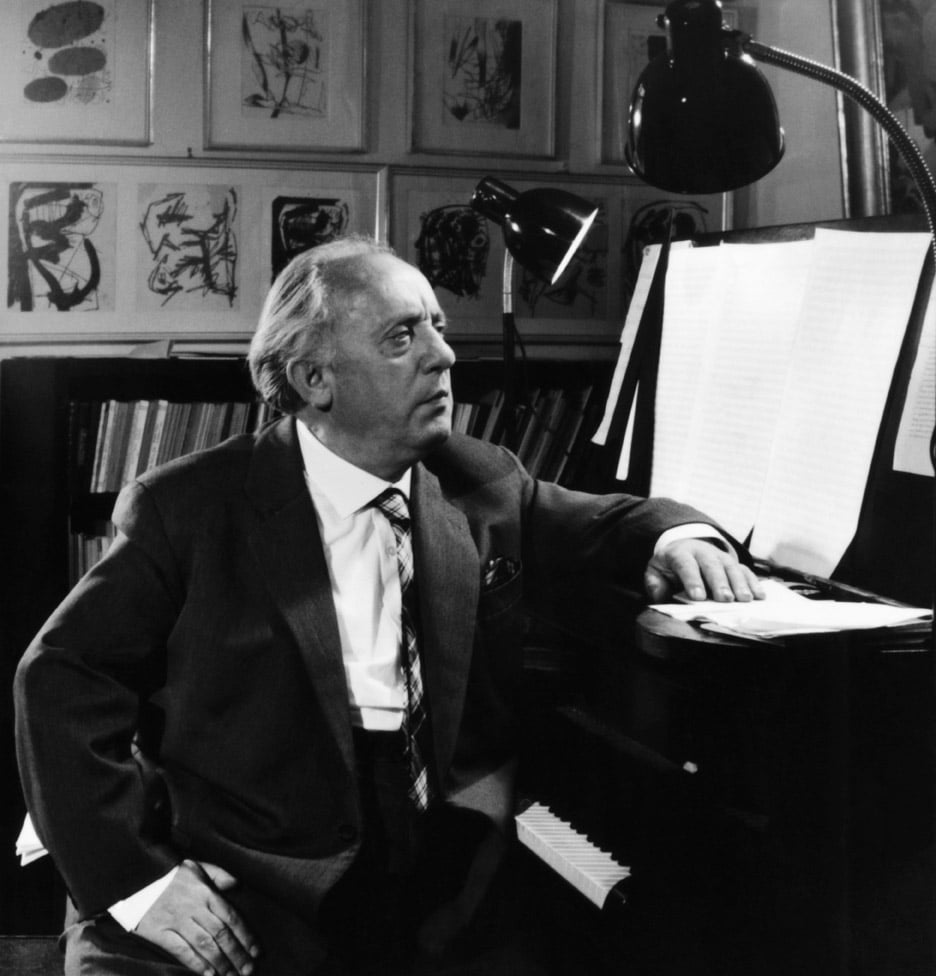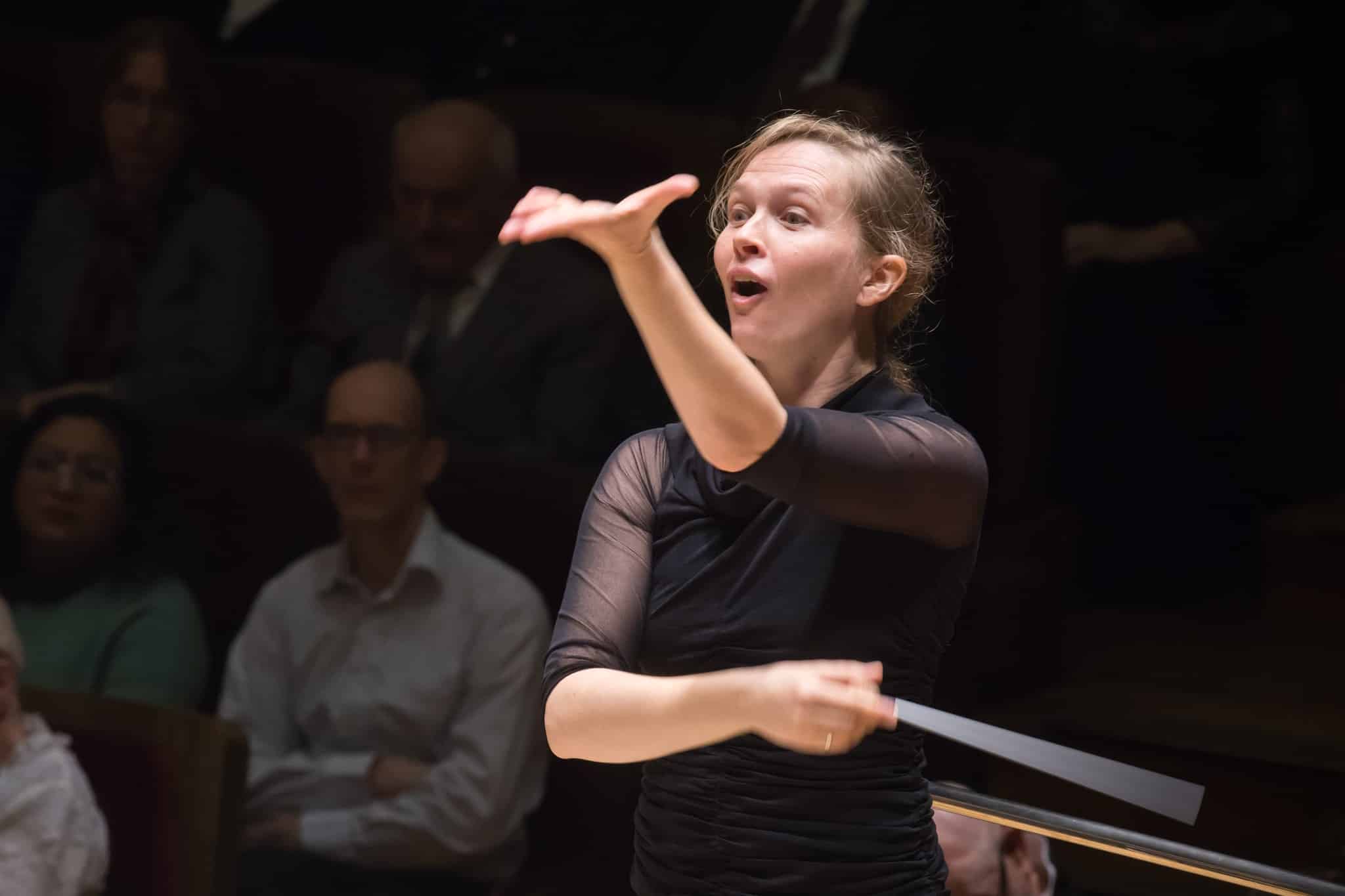Essay: Two composers in voluntary self-isolation
mainIn the new issue of The Critic magazine I compare the very different forms of self-isolation adopted by two very different composers – Karl Amadeus Hartmann under the Nazi regime and Krzysztof Penderecki under communism.
… Hartmann was the only composer in Germany to stand up against Hitler and he did so by a form of inner exile that we have now come to know as self-isolation. I played some of his music the other day on hearing of the death of Krzysztof Penderecki, a kindred self-distanced soul. Penderecki grew up in Debica (Dembitz), a Polish shtetl with many Jews, 70 per cent of the town. As a boy, he learned Yiddish phrases and songs. Then he saw Jews herded into a ghetto and put on death trains. Penderecki suppressed his Yiddish tunes, along with much else.
Hartmann was the only composer in Germany to stand up against Hitler and he did so by a form of inner exile
His grandmother was Armenian, a fugitive from Turkish genocide who took him to Mass at an Armenian church, in contradistinction to dominant Roman Catholicism. One of his grandfathers was German, another inconvenient legacy….
Read on here.






Comments